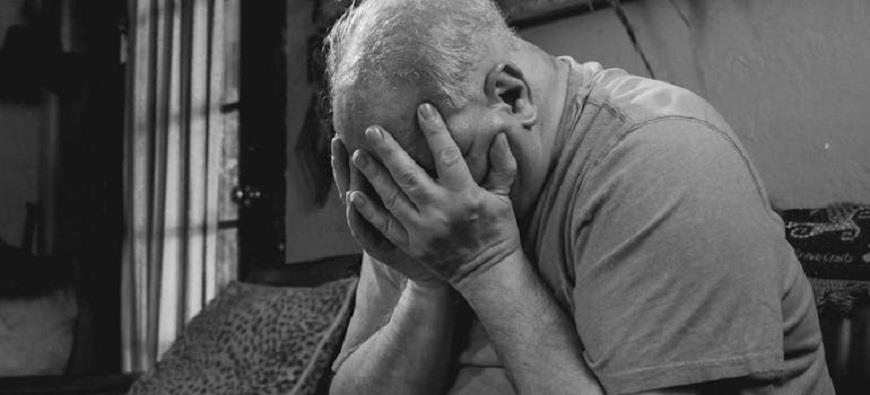
Kashmiri Elderly Persons Losing Their Lifetime Of Memories
Representational photo
Srinagar- On a late September morning in Budgam, 62-year-old Sameena Ali sits by the window of her family home, staring at the walnut tree outside as if its leaves might offer a clue to the day.
Once the commanding heart of her household, Sameena was known for her bustling kitchen and sharp wit.
Now, her son Shabir speaks softly to keep her calm.“It began with small slips,” he recalls.“She would misplace her glasses or forget a neighbour's name. We thought it was normal ageing. Then she started repeating questions we had just answered.”
Ten months ago, a neurologist in Srinagar confirmed the family's fears: Sameena has Alzheimer's disease.
Cases like hers are becoming alarmingly common. A national analysis using data from the Longitudinal Ageing Study of India (LASI) estimates that 11 percent of adults over 60 in Jammu and Kashmir live with dementia, far higher than the national average of 7.4 percent.
That means roughly one in nine elderly Kashmiris is experiencing cognitive decline. Delhi reports the lowest rate at 4.5 percent, while states such as Odisha and West Bengal hover around 9 percent.
These numbers translate into thousands of families silently battling a disease that steals memory, judgment, and independence.
Doctors and researchers point to a dangerous mix of risk factors. Advanced age is the clearest driver, but education gaps, high rates of hypertension and diabetes, and decades of conflict-related stress all play a role.
A genetic study of the Kashmiri population found that local communities may carry biological vulnerabilities that heighten the impact of environmental and social stressors.
“When you add chronic illness, isolation, and trauma to genetic susceptibility, the burden becomes enormous,” says Dr. Showkat Mir, a psychiatrist in Srinagar.
The region's health system is ill-prepared. Geriatric specialists are scarce, and primary-care doctors often lack training to recognise early symptoms. Neuroimaging and advanced cognitive testing are concentrated in a handful of hospitals in Srinagar, leaving rural families with few options.
“In many cases, by the time patients reach us, the disease is already advanced,” Dr. Mir says. Without early diagnosis, families lose precious time when interventions, like medication, behavioural therapy, and structured routines, can slow decline.
Care falls largely on unpaid relatives, most often women.
Sameena's daughter-in-law now manages her medications and daily needs while raising two young children.“There are no day-care centres or respite facilities,” she says.“If I need a break, I have nowhere to turn.”
Caregivers across Kashmir share similar stories of exhaustion, lost income, and emotional strain. Some resort to selling land or jewellery to cover medical visits and special diets.
The burden is hidden inside homes, but its economic impact ripples outward.
Social stigma deepens the crisis. Early forgetfulness is often dismissed as natural ageing or treated as a private family matter.

Legal Disclaimer:
MENAFN provides the
information “as is” without warranty of any kind. We do not accept
any responsibility or liability for the accuracy, content, images,
videos, licenses, completeness, legality, or reliability of the information
contained in this article. If you have any complaints or copyright
issues related to this article, kindly contact the provider above.

















Comments
No comment